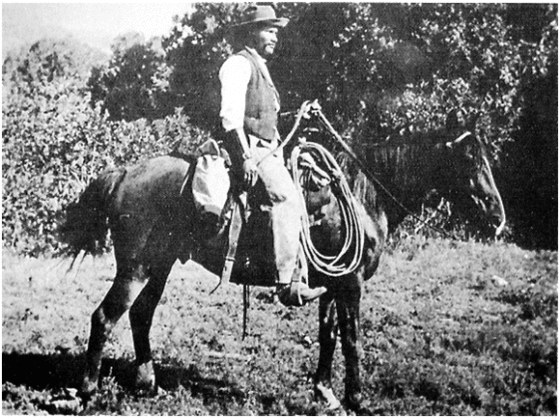 George McJunkin was born a slave near Midway, Texas in 1851. He was freed at the age of 14 after the Civil War ended.
George McJunkin was born a slave near Midway, Texas in 1851. He was freed at the age of 14 after the Civil War ended.
McJunkin was fluent in Spanish and experienced with horses. At a very young age, he helped his father in his blacksmith shop, but he had never had the opportunity to learn to read. He left home to join a cattle drive and ended up in northeastern New Mexico. While traveling, he stopped to take odd jobs to help pay for his food and clothes. He helped a man dig a well in order to purchase his first pair of used cowboy boots.
McJunkin improved his skills with each new job completed. Eventually, the word around town was McJunkin was on of the best horse breakers and cowboys in New Mexico. He began to trade lessons in breaking horses for lessons in reading and soon began reading anything he could get his hands on. He had always been curious about the natural world around him and was particularly interested in science.
In 1908, the great flood hit nearby Folsom, New Mexico, McJunkin was working as a foreman at the Crowfoot Ranch. At least 15 people died during the storm. After the storm was over, McJunkin took to his horse to ride out and see the damage. During this time, he discovered large bones that were too big to be that of a bison. He tried to get someone out someone out to check the discovery. It was not until after his death in 1922, that scientist later studied the Folsom site, and their findings shocked the scientific world.
What they discovered were the remains of a Bison antiquus at a Paleo-Indian site dating back as far as 9000 BCE, where ancient bison had been killed by early people using special tools, now referred to as Folsom points. With this find, scientists were able to establish a human presence in North America about 7,000 years earlier than had previously been thought.
The archaeological site that McJunkin discovered eventually yielded human remains that became known as “Folsom Man.” George McJunkin never married nor had children. He did not live long enough to learn of the scientific recognition of the significance of his discovery. McJunkin died in January 1922 at the Folsom Hotel in Folsom, New Mexico.
source:
http://www.walterlippmann.com/docs3743.html
http://www.blackpast.org/aaw/mcjunkin-george-1851-1922


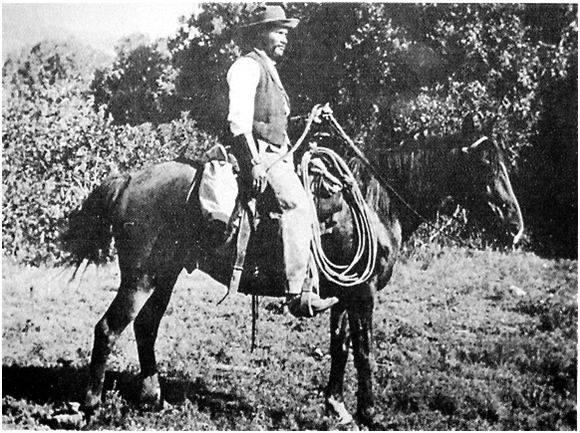



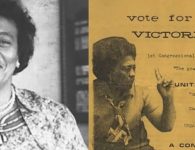
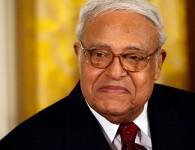

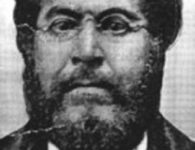
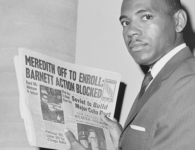

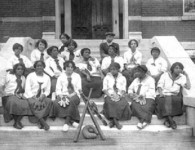
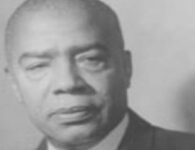
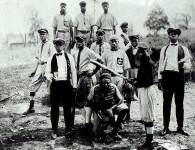
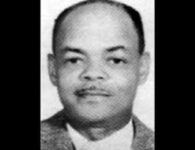
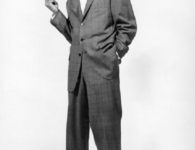

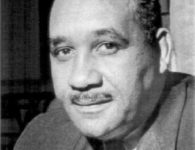
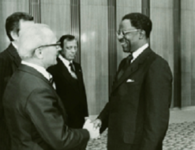


1 Comment
I really appreciate the interest you show in telling of the contributions that were done by black men and women. I had never heard of Mr. McJunkin, and had you not written about him I may have never. It is pure ignorance for a society to think that the only contributor were white people when it is clear that our country is made up of all races who have contributed great inventions and made way for an revolution that would change America for the good of all. Please don’t stop teaching because that is who you are. Stay Empowered at all you put your hands too!